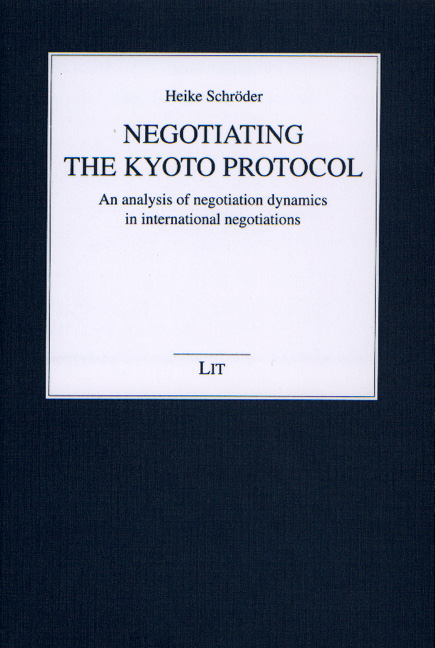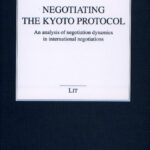Beschreibung
Climate change has become an important policy area, one which has
been gaining momentum since the adoption of the Kyoto Protocol in
December 1997. The Kyoto Protocol was adopted by 159 nations
after a tenacious final marathon of negotiations, during which all
unresolved issues were hammered out one by one. The commitments
that were finally agreed upon exceeded the original expectations.
Despite its shortcomings, the Kyoto Protocol is a constructive
compromise worthy of commendation, and is therefore a remarkable
diplomatic achievement.
The aim of this book is not only to present an introduction to the
historical, legal and political foundations of the Kyoto Protocol, but
also to offer a thorough analysis of the negotiation process at the
Kyoto Conference. It investigates the positions, interests and
strategies of three crucial players, the EU, US and Japan, on the issue
of climate change and examines how these influenced the outcome of
the negotiations. Furthermore, it examines the impact of other factors
on the final result.
This book thus presents a unique case study of an international
negotiation process, negotiation strategies and conference dynamics.
It is an indispensable guide for political scientists, policy makers,
negotiators and all those interested in negotiation processes and the
politics of climate change.


